Big-name, all-star team-ups used to be the preserve of Hollywood blockbusters – perhaps reaching its peak in 2005 with Mr. and Mrs. Smith, when Brad Pitt and Angelina Jolie met, fell in love and sold a billion copies of the National Enquirer in the process. But in our new era of superhero-driven slop, where it barely matters which actor is in what picture, such things have largely fallen into abeyance. Still, even in our jaded times, there remains an undeniable thrill from seeing Katniss Everdeen and Edward Cullen together on screen at last, as they are in Die My Love.
Of course, both Jennifer Lawrence and Robert Pattinson – or J-Law and R-Patz, as some sections of internet fandom will insist on referring to them – have gone on to do considerably more interesting and challenging work than The Hunger Games and Twilight. This collaboration between the pair and Lynne Ramsay is squarely located in the kind of challenging arthouse territory that both have increasingly made their comfort zone over the past few years. Yet there are a plethora of big names attached to it – Martin Scorsese is a producer; the cast includes LaKeith Stanfield, Nick Nolte and Sissy Spacek; and the playwrights Alice Birch and Enda Walsh were responsible for the script along with Ramsay. So the cult streaming service Mubi was emboldened, in a moment of exuberance, to pay a staggering $24 million for the theatrical rights. Do they stand any chance whatsoever of getting their money back?
Well, Die My Love is many things, but it’s certainly not a Hunger Games–Twilight mash-up, unless the idea of a serio-comic horror-thriller about postpartum depression and marital discord sounds like the obvious follow-on from films about children murdering one another and forbidden love between human and vampire. Based on the novel by Ariana Harwicz, the slender narrative concerns the hot young couple Grace and Jackson. She’s an aspirant writer, he’s a sketchily depicted boho-artistic type who spends a lot of time away traveling, but when they’re together they have a lot of sex, because they’re a hot young couple. Inevitably, this results in pregnancy, and equally inevitably, Grace finds herself unable to handle the emotional, mental and physical demands of motherhood, resulting in a slow, then swift, decline into near-psychosis.
Ramsay is not a prolific filmmaker – her last picture was 2017’s You Were Never Really Here – and she’s never had anything like a commercial hit. But what she is incredibly good at is eliciting unforgettable performances from her lead actors: think Tilda Swinton and pre-disgrace Ezra Miller in her Lionel Shriver adaptation We Need To Talk About Kevin, or Samantha Morton in Morvern Callar.
Lawrence here is no exception, in what could well be a career-best appearance from her. In a part that requires her to be both figuratively and, on occasion, literally naked – in unsparing scenes shot without an ounce of Hollywood glamor or vanity – she gives an Oscar-worthy turn that is worth the price of admission by itself. Her Grace isn’t a manic pixie dream girl whose mental-health issues can be overcome by therapy and the love of a good man, but a real, vulnerable woman, whose breakdown inspires both pity and terror, resulting in a visually spectacular final coup de cinema.
Would that the rest of the film lived up to its lead. Pattinson, who is coming off an unusually bad year with the sci-fi flop Mickey 17, is barely a presence at all, perhaps appropriately, but the role of “sardonic and probably adulterous husband” hardly plays to this great actor’s strengths. Nolte is in the film so fleetingly as to be almost subliminal; Stanfield has little to do in the (possibly imaginary) role of a confidante and potential love interest for Grace; and only Spacek, as Jackson’s mother, manages to bring a supporting character to life in any meaningful or effective way. This is a strange and tonally uncertain mixture of naturalism (filmed by cinematographer Seamus McGarvey in Academy 1.33:1 ratio, rather than cinema’s usual widescreen splendor) and Grand Guignol, which pays off spectacularly when the flourishes come but feels inhibited the rest of the time, with only the odd jolt of black humor to cut through: suicide by gun-up-ass, for instance.
I can’t imagine that Die My Love is going to restore adult-oriented cinema’s fortunes this fall, nor that the Lawrence-Pattinson faithful are going to find much to commend this picture. Yet for its fearless and vastly impressive lead performance alone, the bold and curious should head to their local arthouse theater this weekend, and support the kind of film that, unless matters improve, will not be getting wide distribution in the future.



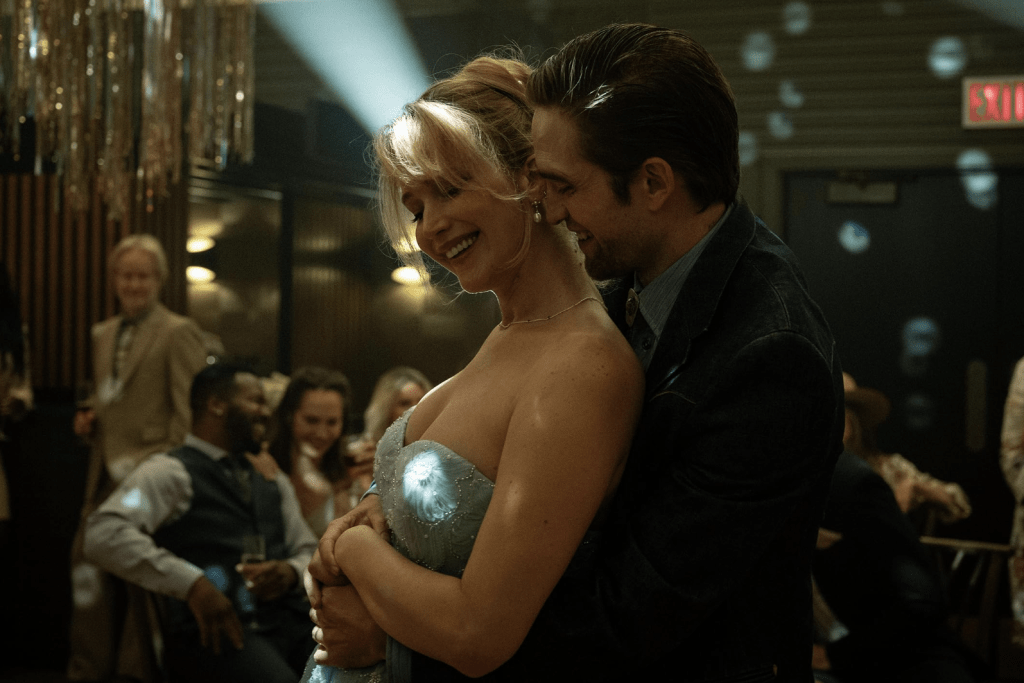






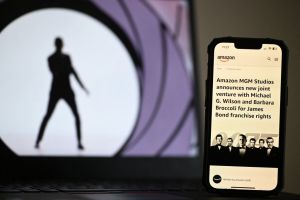
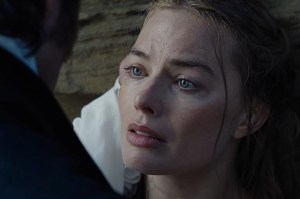

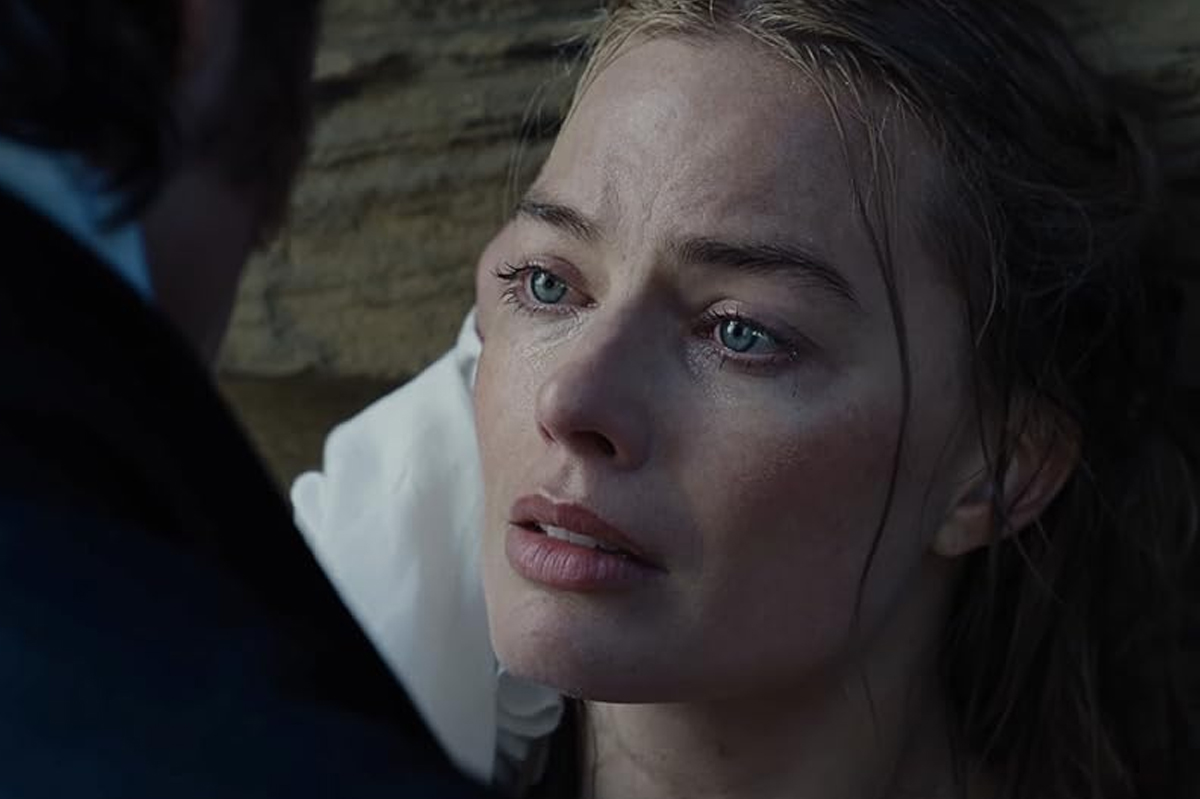


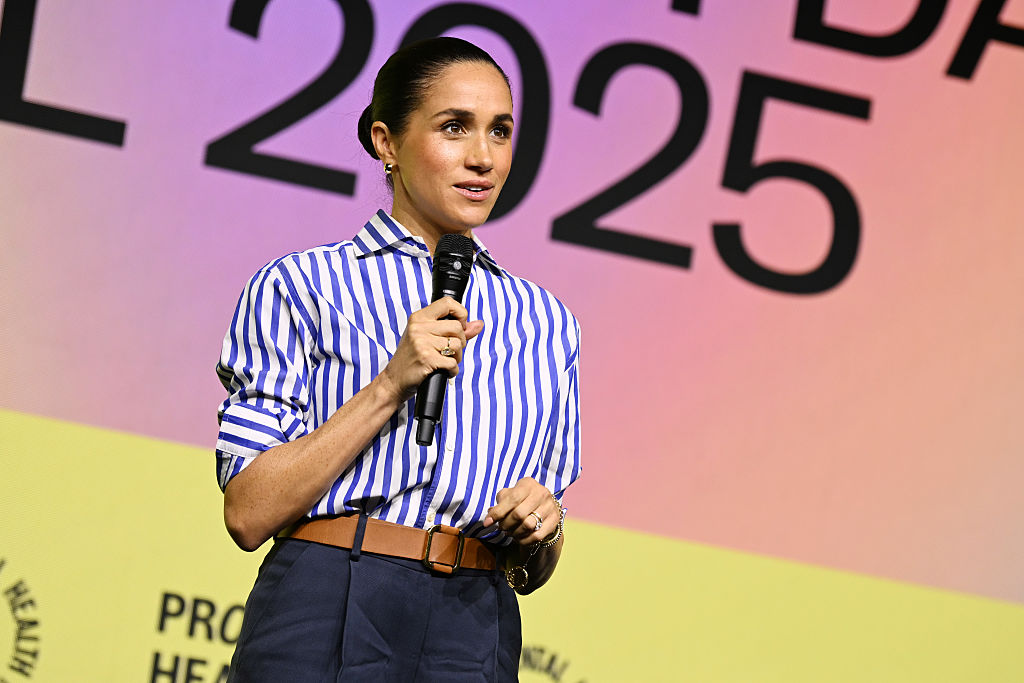
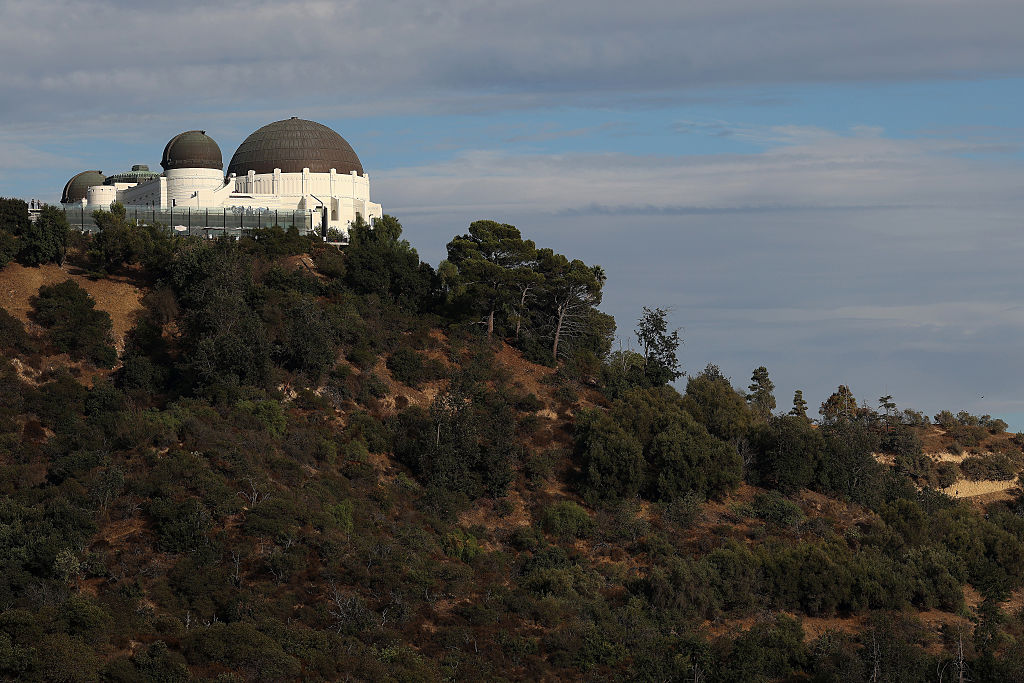
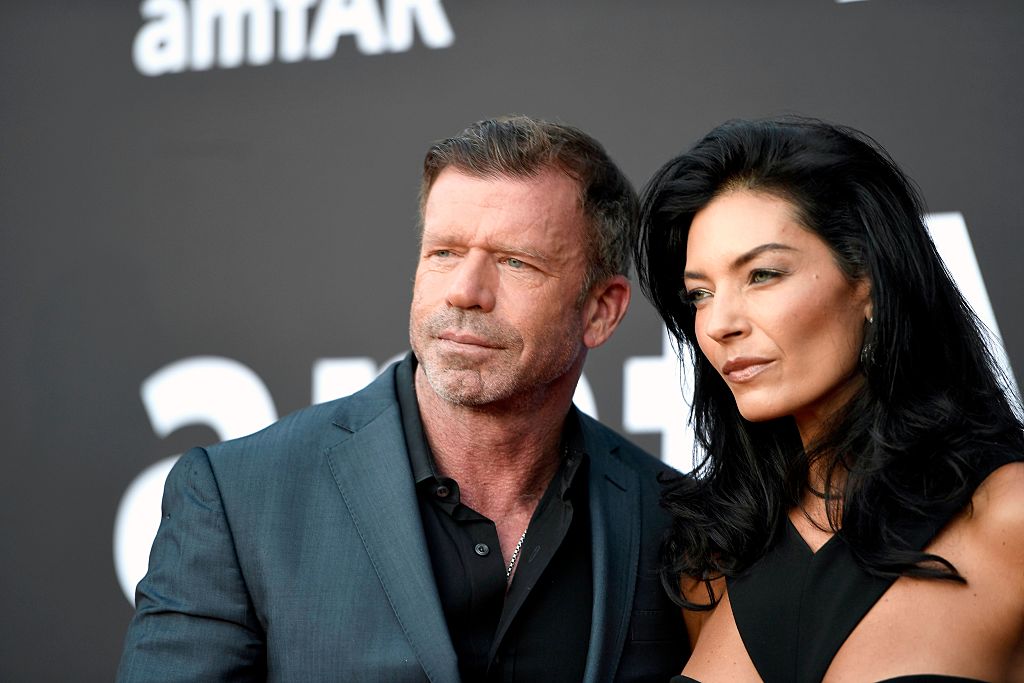







Leave a Reply